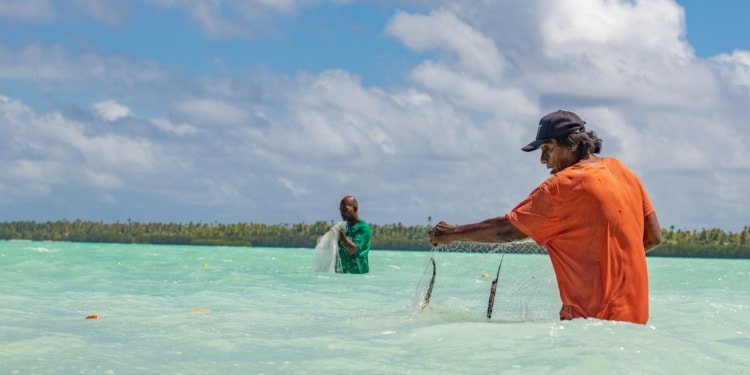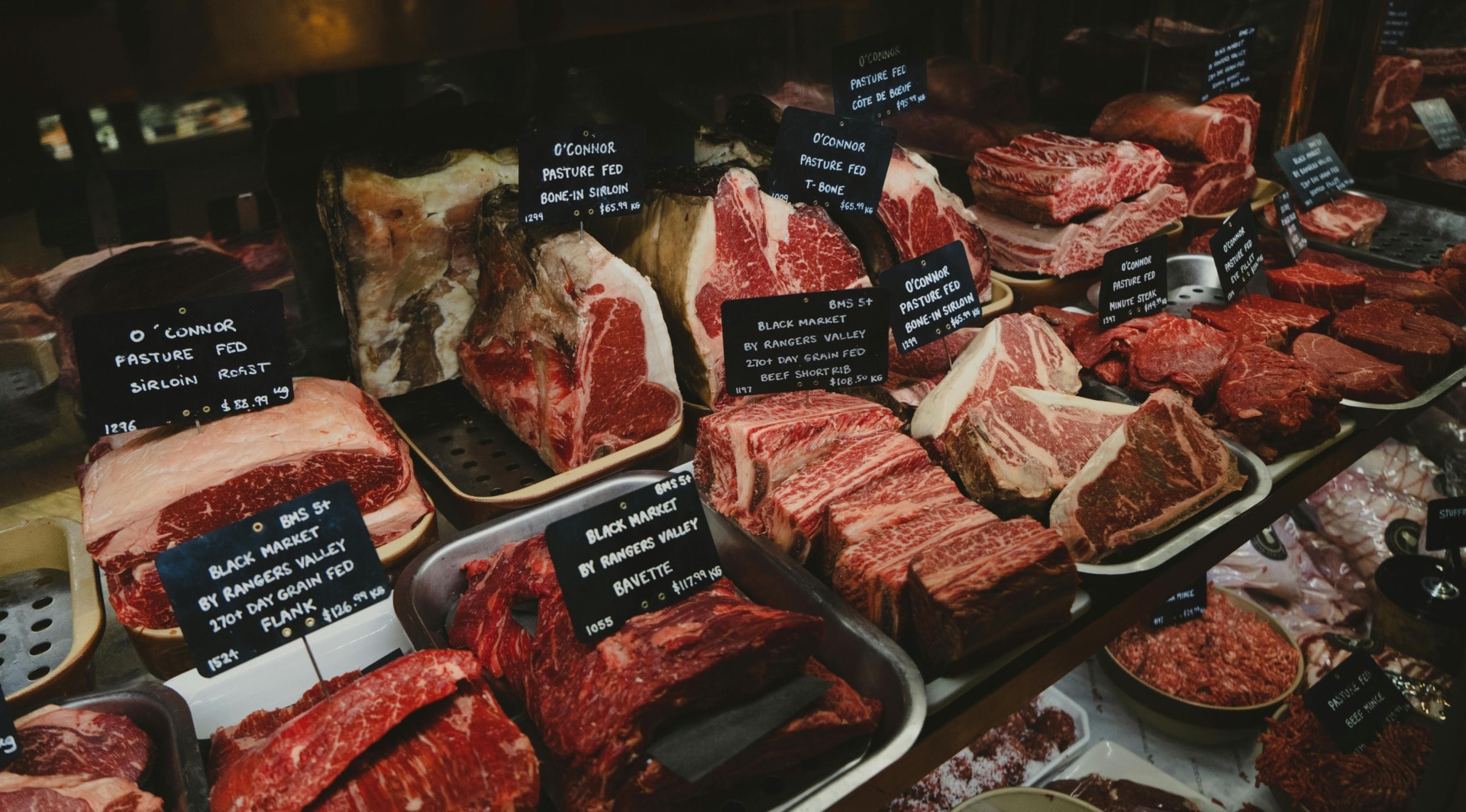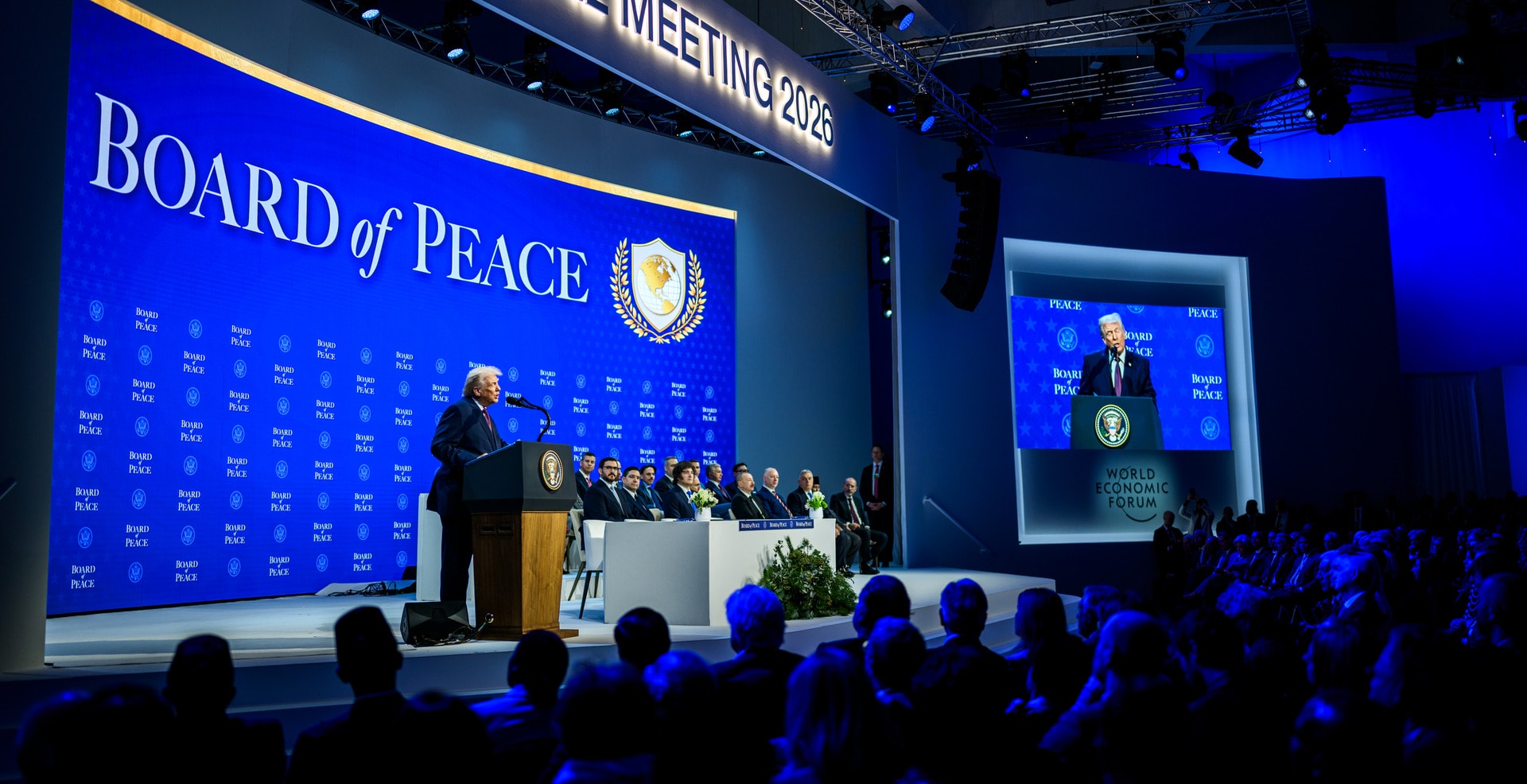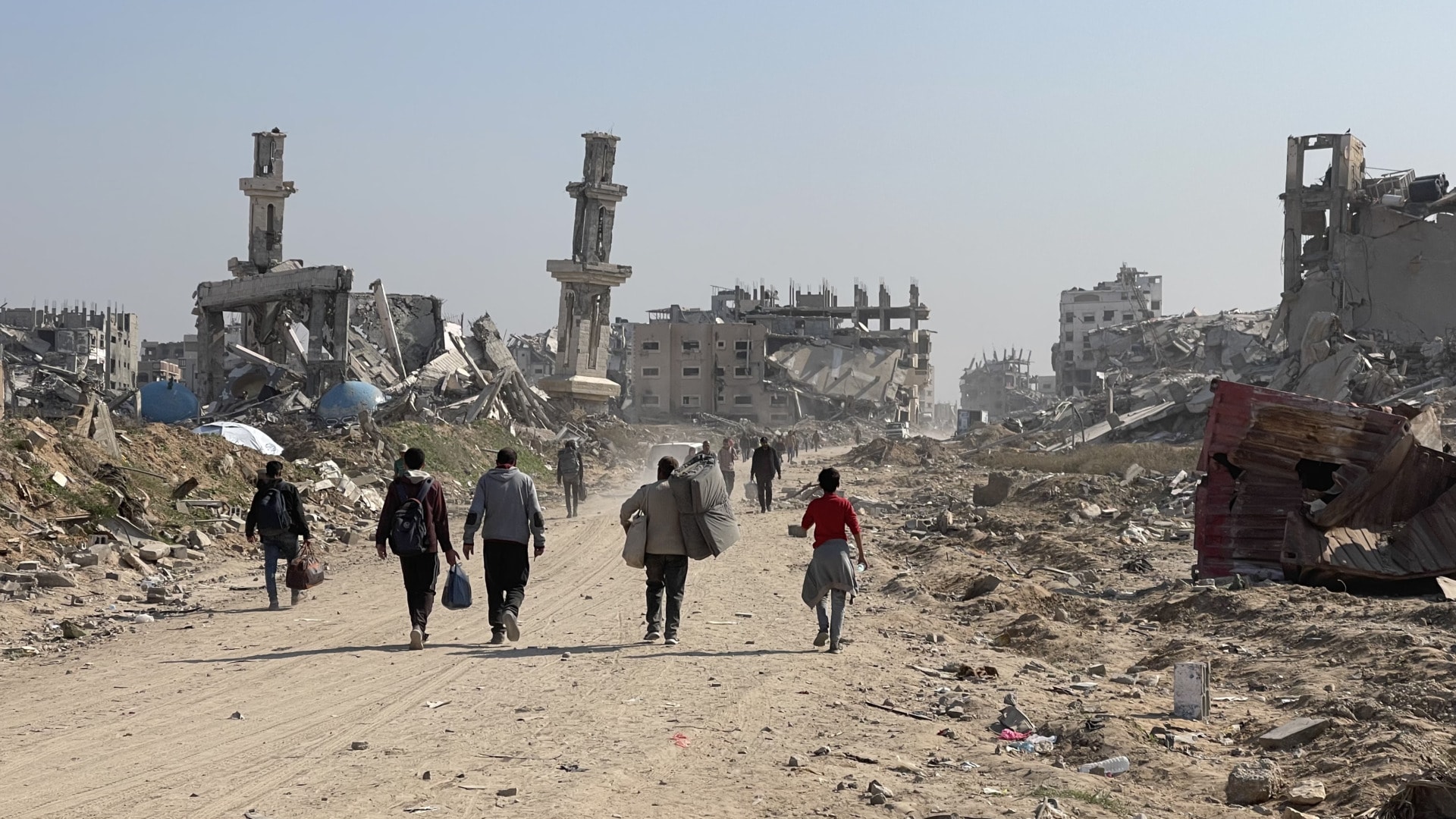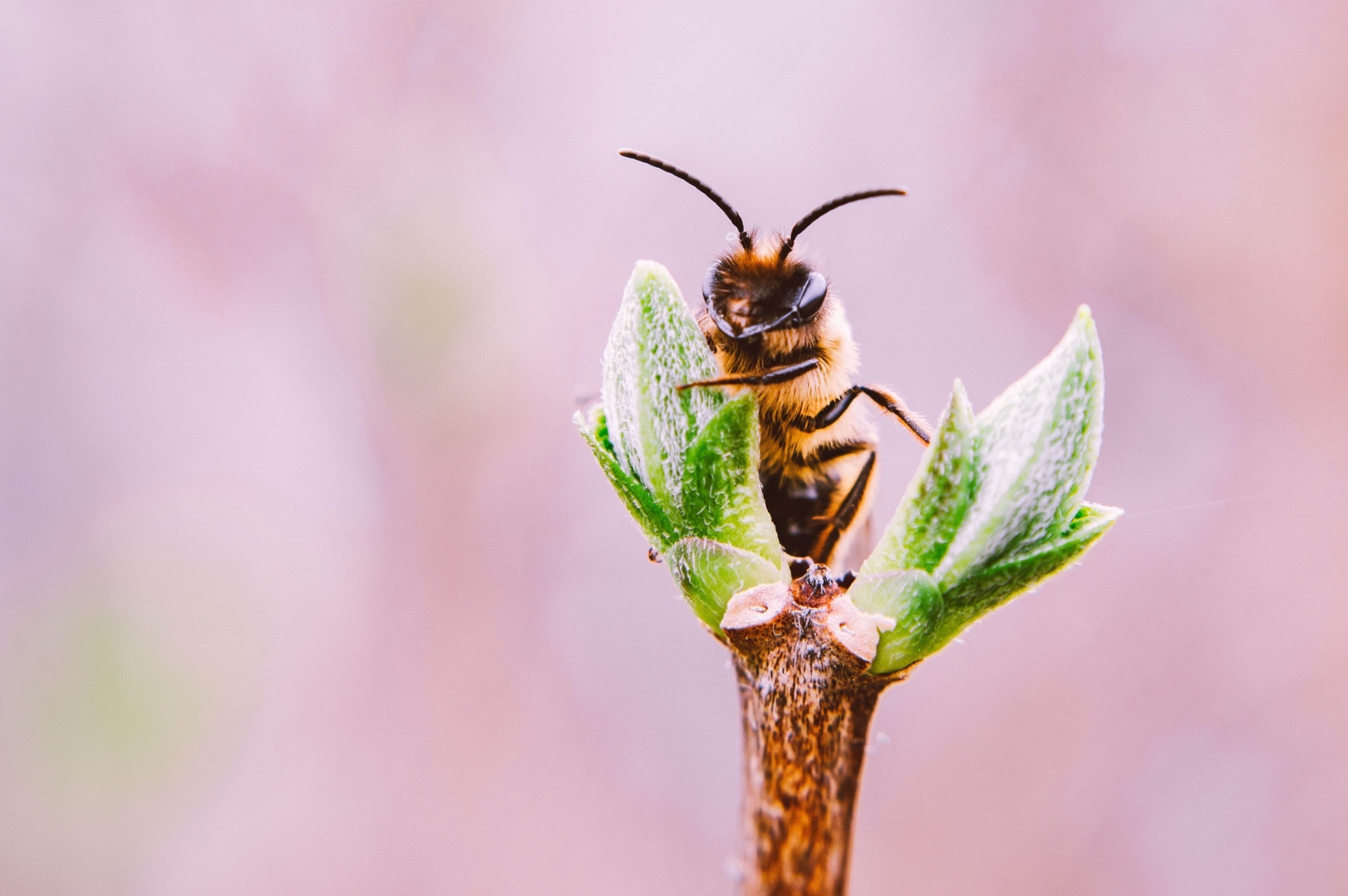In recent years, I have often had the chance to see for myself the incredible resilience and determination of Pacific Islanders. Small Island Developing States (SIDS) in the region grapple with unique challenges such as the impacts of the climate crisis and frequent natural disasters, limited land and water resources for domestic food production, crises of non-communicable diseases and malnutrition, and market volatility. These have now been exacerbated by post-COVID-19 recovery burdens as well as soaring prices of food, feed, fuel, fertilizer and difficult access to finance, known collectively as the 5F crisis.
The Food and Agriculture Organization of the United Nations (FAO) has been a key part of the solution, supporting these island nations as they continue to innovate and transform their agrifood systems. Our partners in working towards these goals are the Pacific Community (SPC), governments, communities and producers, agrifood entrepreneurs, the private sector, and development actors.
Climate-induced disasters are causing economic losses in the Pacific of between 0.5 to 6.6 percent of annual Gross Domestic Product (GDP) and leading to the displacement of about 50,000 people each year. To tackle the impacts of the climate crisis, FAO has been promoting climate-smart agriculture and sustainable management and restoration of production ecosystems including forestry and agroforestry, fisheries and aquaculture, livestock and crop production systems.
A key part of the strategy to build resilience involves diversifying food sources by promoting local value chains and reducing dependence on food imports as well as reinforcing urban-rural and territorial and inter-island linkages to improve access to markets and reduce food loss and waste.
The Pacific Island Countries and Territories include some of the richest and most biodiverse terrestrial, coastal and marine ecosystems on earth that are critical for the region’s food security and nutrition. To support the region to sustainably manage these ecosystems and promote the responsible governance of biodiversity, FAO is developing a regional action plan on mainstreaming biodiversity across agricultural sectors in the Pacific region.
Working with regional partners, we are also supporting the setting up of a Regional Scheme on Pesticide Evaluation, increasing the availability of ecological alternatives to recently banned pesticides and other Highly Hazardous Pesticides (HHPs) in the region, and building national capacity on biological control to manage invasive and emerging pests of selected crops.
The countries of the Pacific region are working to improve their research and innovation capacity, promote knowledge sharing, and develop policies that support innovation in agriculture. FAO continues to support this by facilitating partnerships among research institutions, universities and private sector stakeholders to promote innovation and knowledge transfer.
Related Articles: This Ancient Grain Could Help End World Hunger | How the Dual Crisis of Malnutrition and Learning Loss Threatens Our Future | Food Security and Nutrition: Do Women in Leadership Positions Make a Difference?
FAO is leading comprehensive studies to harness climate solutions on topics such as projecting distributional shifts of marine fishery species, identifying opportunities for nature-based solutions, conducting coastal multi-hazard assessments, assessing climate vulnerability and capacity of coastal communities, and evaluating the adequacy of social protection programmes and early warning systems to bolster climate action in SIDS.
As countries in this region continue to accelerate their national agrifood systems transformation, FAO has offered technical expertise to help develop analytical reports, evidence-based policy briefs and facilitate multisectoral planning and dialogues. Every country can learn from each other, as we saw from the knowledge sharing between island countries at the FAO-supported Pacific SIDS Solutions Forum and the allied SIDS Solutions Platform launched right here in the Pacific.
The platform is a collaborative and dynamic vehicle for sharing knowledge, bringing together stakeholders from Pacific SIDS and those from other parts of the world. It allows SIDS to share solutions, good practices and lessons learned on sustainable development, including in the areas of agriculture, food security and rural development.
FAO is also working with Pacific Island nations in a number of ways to help promote efficient food production and build value chains. One such initiative is the 1000 Digital Villages Initiative, which seeks to bridge the digital divide in rural areas and enhance the use of digital technologies in agriculture and rural development.
Another key initiative is the One Country One Priority Product (OCOP) initiative, which aims to promote the development of high-value agricultural products and help smallholder farmers and rural entrepreneurs access new markets.
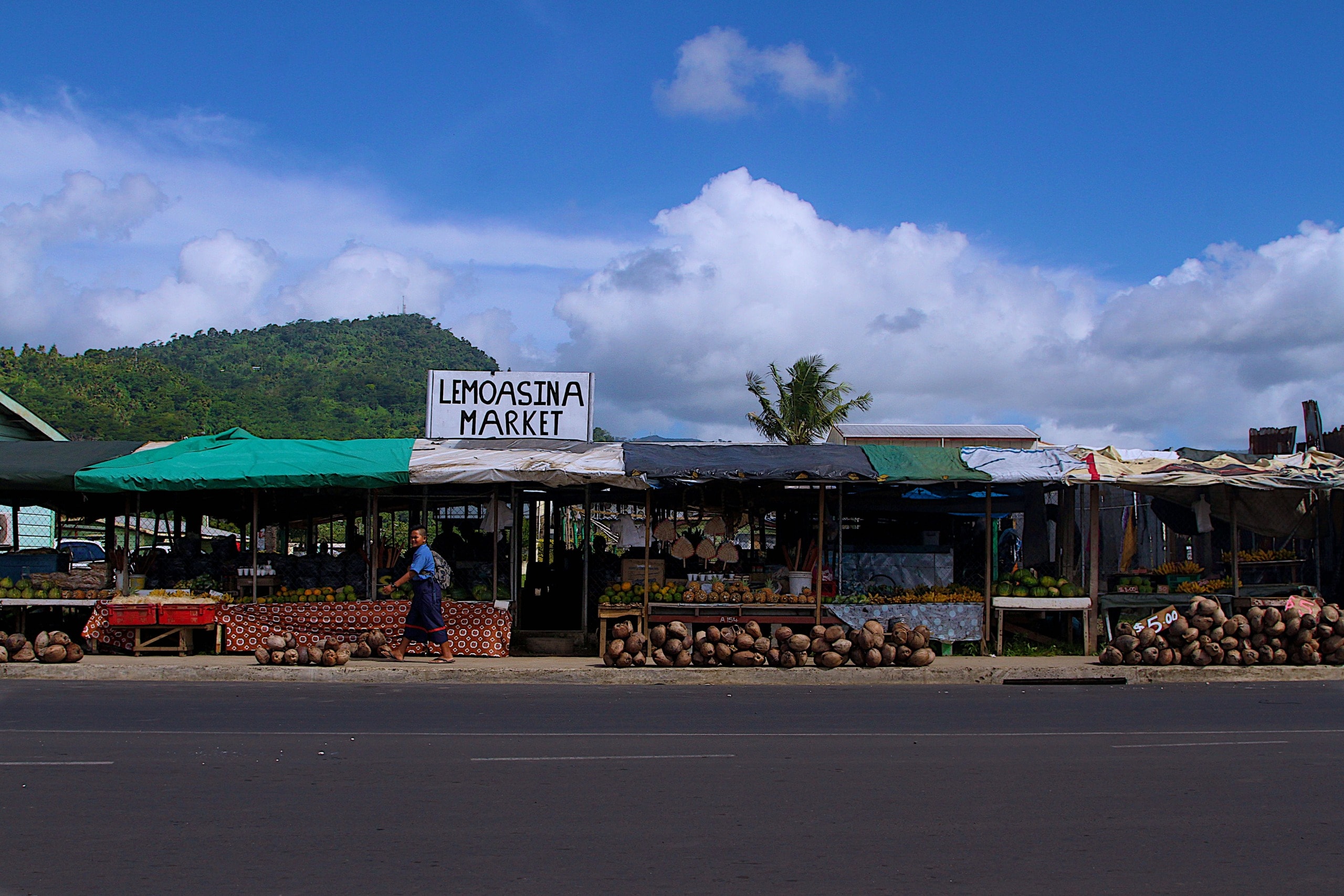
In the Pacific, FAO’s Members continue to develop and implement policies, strategies and action plans that promote sustainable and responsible use of their marine resources to benefit from the Blue Economy of fisheries and aquaculture.
Meanwhile, FAO is also supporting the implementation in the Pacific of its Hand-in-Hand initiative (HiHi). This promotes the implementation of nationally led and owned programmes to accelerate agrifood systems transformation by eradicating poverty (SDG1), ending hunger and malnutrition (SDG2) and reducing inequalities (SDG10). The HiHi uses advanced geospatial modelling and analytics and a robust approach to bring together different stakeholders and leverage partnerships and resources.
The common themes running through all these initiatives and efforts are working together and the strength of partnerships at national, regional and global levels.
FAO remains committed to working closely with Pacific Island countries and development partners to support the region’s efforts to make their agrifood systems more efficient, inclusive, resilient and sustainable to achieve better production, better nutrition, a better environment and a better life for all – leaving no one behind!
Our actions are our future.
Editor’s Note: The opinions expressed here by the authors are their own, not those of Impakter.com — In the Featured Photo: A fisherman in Orea, Kiribati, pictured as part of a video series and collaboration between the FAO and the Pacific Community titled “Guardians of the Pacific.” Featured Photo Credit: ©FAO


